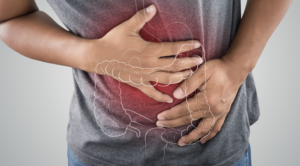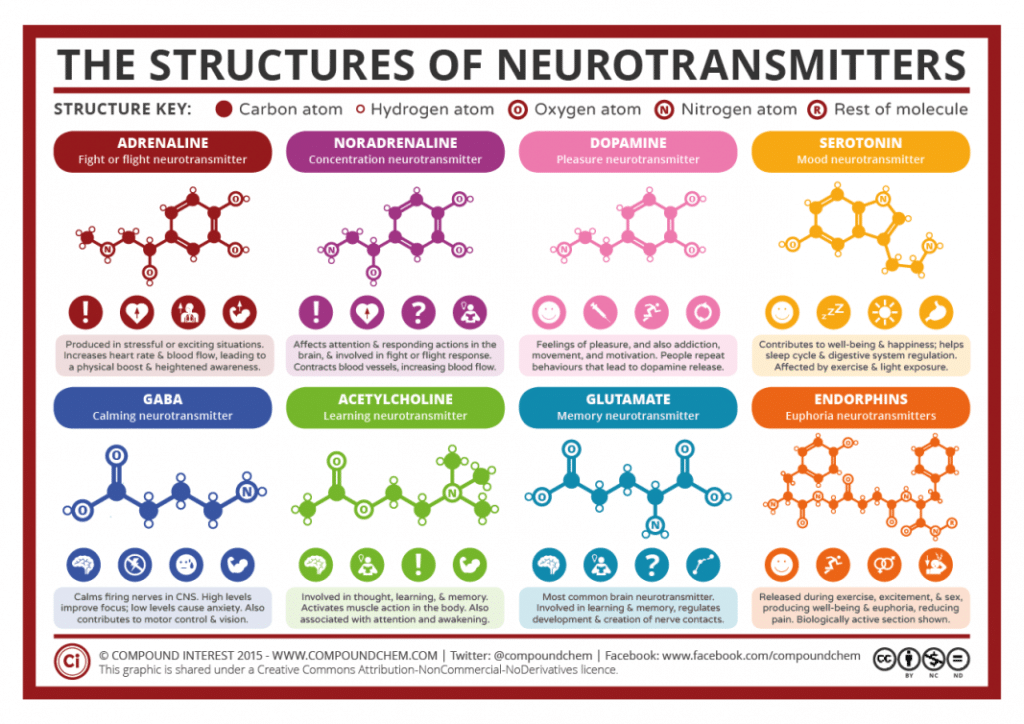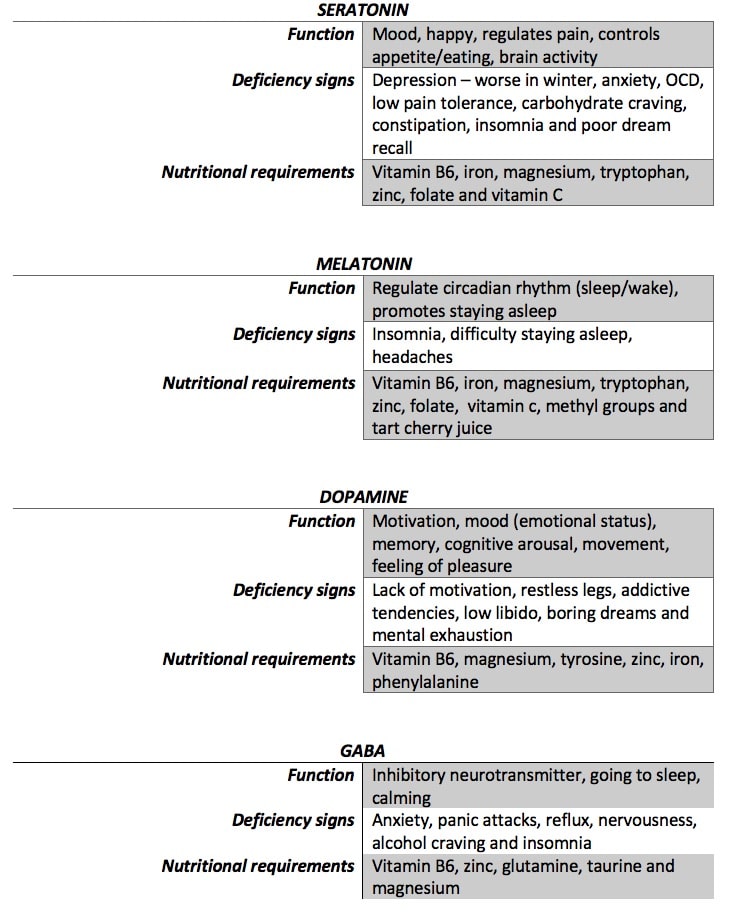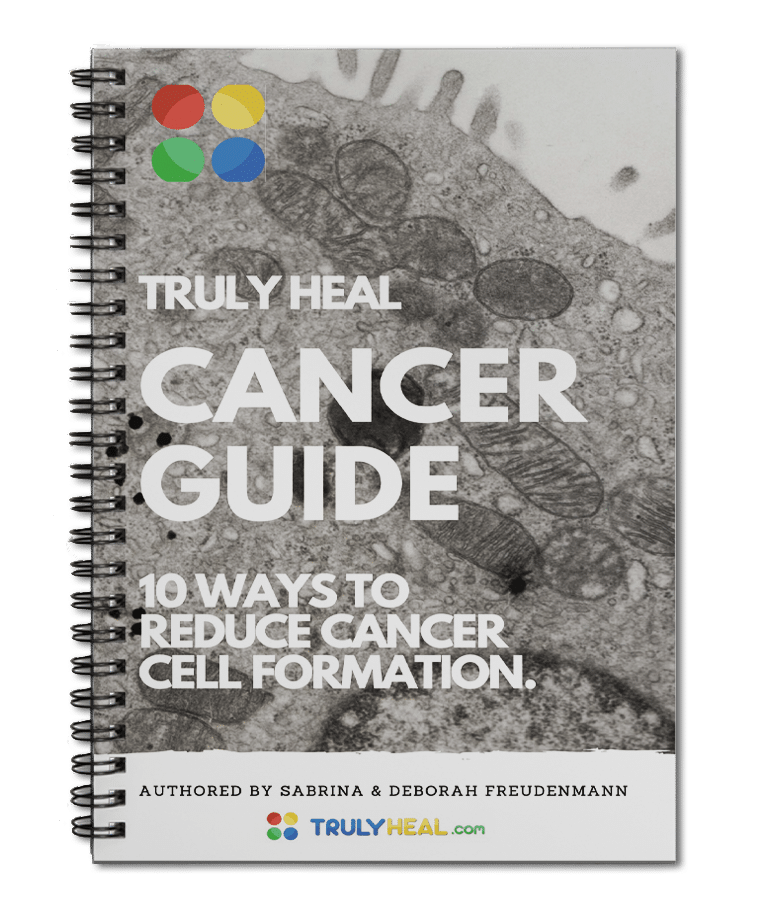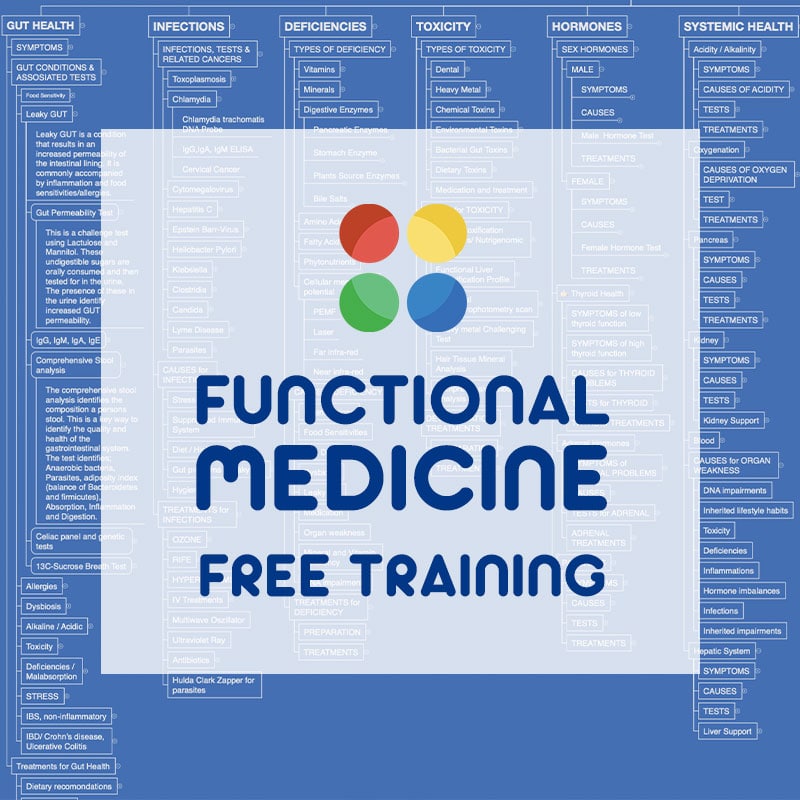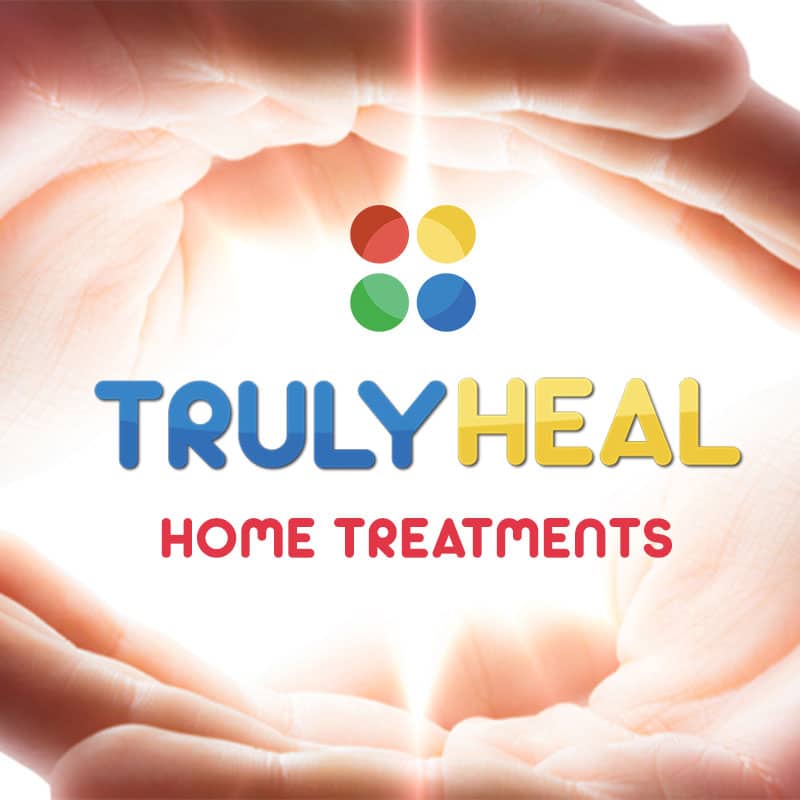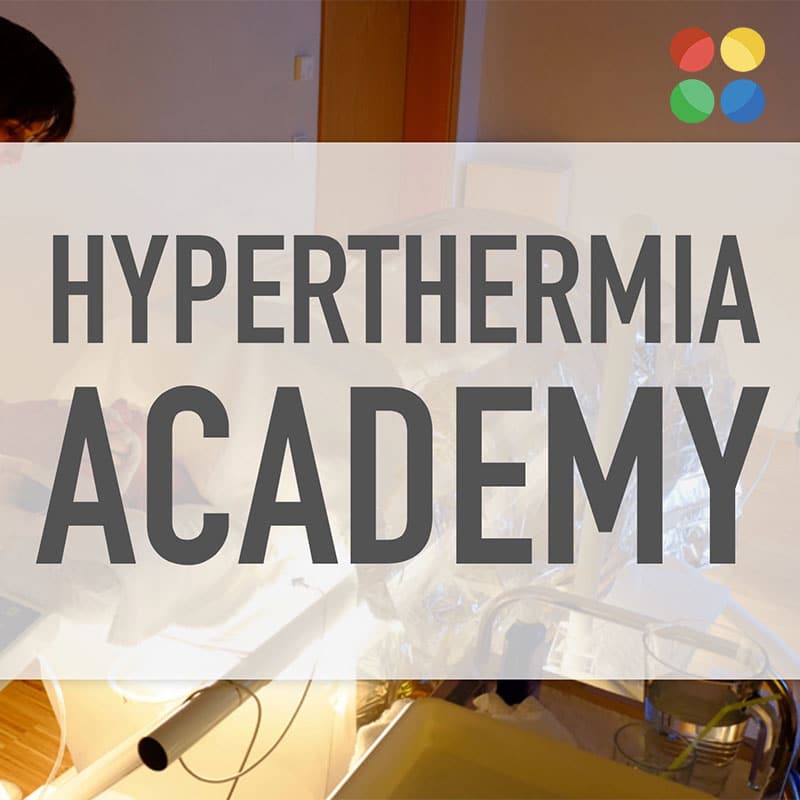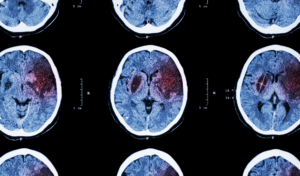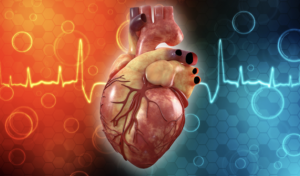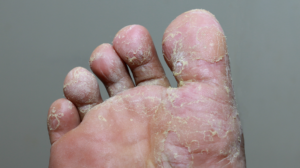Eat these foods to boost your moods
Vitamin B6: Avocado, bananas, carrot, chicken, egg yolk, legumes, lentils, mackerel, offal, salmon, sunflower seeds, pistachio nuts.
Zinc: Beef, egg yolks, ginger, herrings, liver, lamb, oysters, sunflower and pumpkin seeds, sea food, chickpeas, mushrooms
Tryptophan: Bananas, beef, beans, dairy products, fish, legumes, lentils, pumpkin seeds, sesame seeds, soybeans, oats
Tyrosine: Almonds, avocado, banana, beans, dairy products, beef, chicken, eggs, fish, pumpkin seeds, soy beans, wild game
Phenylalanine: Almonds, avocado, banana, brown rice, cottage cheese, yogurt, eggs, fish, herrings, lentils, meat, nuts, pistachios, soybeans
Magnesium: Almonds, cashews, cocoa, cod, eggs, figs, kelp, leafy greens, legumes, lima beans, parsnips, pumpkin seeds, sesame seeds, Brazil nuts, quinoa, avocado
Vitamin C: Aloe Vera juice, blackcurrant, broccoli, kale, Brussel sprouts, citrus fruits, guava, parsley, pawpaw, peppers, pineapple, raw cabbage, berries, sweet potatoes, tomatoes
Iron: Almonds, apricots, avocado, clams, liver, kidney, oysters, parsley, pine nuts, sunflower and pumpkin seeds, poultry, red wine, legumes
Folate: Beans, eggs, green leafy vegetables, lentils, liver, organ meats, sprouts, asparagus, avocado, broccoli
Glutamine: Beans, cottage cheese, dairy products, legumes, most protein sources, rolled oats, beetroot
Taurine: Present in animal protein (organ meats, brain offal, eggs, seafood), but not in vegetable protein
Omega-3: Salmon, cod liver oil, algae omega oil, mustard seed oil, walnuts, flaxseed, chia seeds
